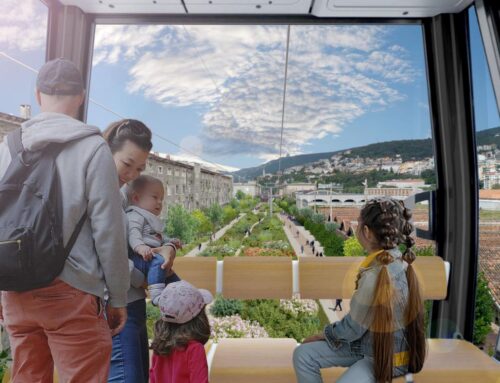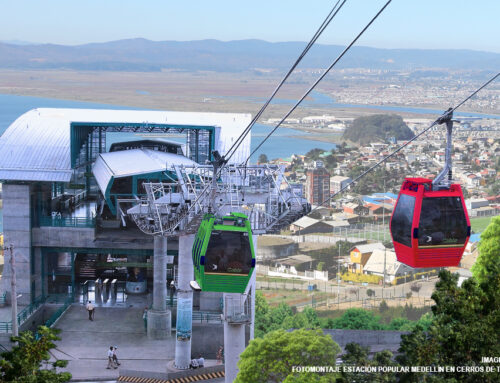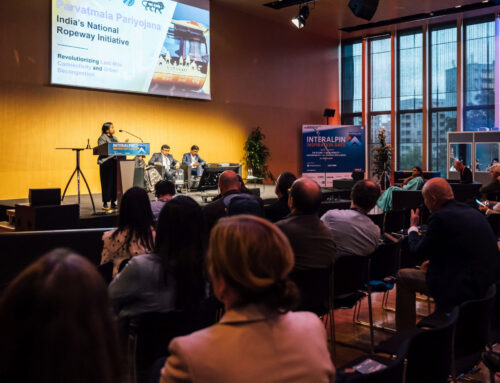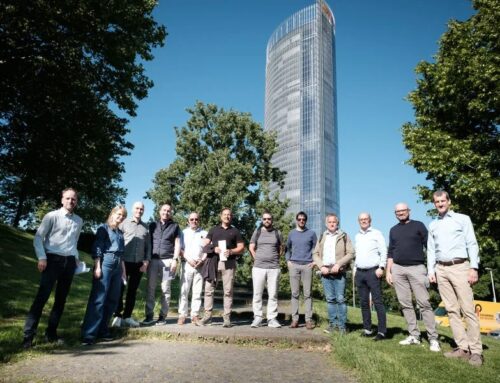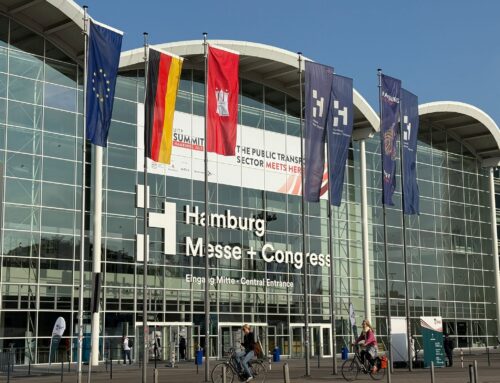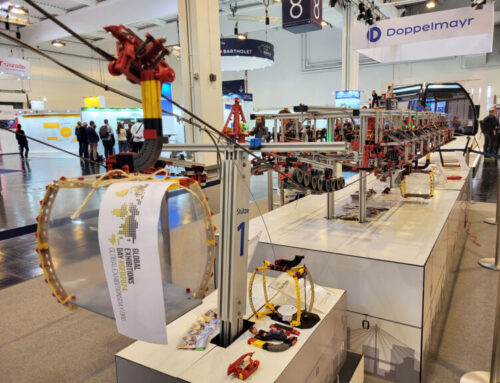
Cities, SI-Urban
Master plan and amended law
One of the greatest challenges in the urban sphere at the moment is that of the change in mobility. In future, more and more people will need to be transported in a way that is as climate-friendly as possible.
This requires targeted planning steps and new systems that are technically successful, which should support existing transport systems and thus guarantee mobility in cities in the long term.
The ministry of transport sees great potential in the transport system of the cable car. In North-Rhine Westphalia, the aim is now to simplify the approval process for this transport system.
The cable car act will therefore be renewed. Globally there are already a number of successful examples of urban cable cars that have been integrated seamlessly into existing transport concepts.
La Paz, Mexico City and Tokyo are just a few examples. In Germany too, the cable-drawn system is already being discussed in many places. Among others, Essen, Cologne, Bonn and Oberhausen have shown interest in the system.
Why should transport take to the cable?
In the urban sphere, cable cars score points for their low-vibration, noise reduction and continuous flow. Large groups of people can therefore be transported sustainably.
The system could also open up the much discussed “last mile”. With a carefully considered route, the cable car can be used as a feeder for existing suburban and underground railway systems.

Does the cable car benefit from the amendment?
In North-Rhine Westphalia the cable car act governs both the planning and the construction and operation of the transport system. The amendment will align this act with current EU law.
It should therefore make the entire process less bureaucratic. For Oberhausen, this could be beneficial even for the “Neue Mitte 4.0” project for the new centre. As part of this project, a unique district will emerge.
Hotels, apartments, commercial spaces and clever planning work will create a modern district. Urban planners want to create a noticeable structural change here; roads will be removed and replaced with green open spaces.
As well as the residential aspect, one focus of this system is of course mobility. At the moment, the area is still difficult to reach, but it is hoped that effective control of traffic flows will be able to resolve this in a sustainable way.
Other mobility plans
Nonetheless, the “Neue Mitte 4.0” master plan also needs new local public transport provisions, and that is where Head of Planning Ralf Güldenzopf is thinking of connections using the suburban and regional railways.
An extension of tram line 105 would also be conceivable for him.
However, according to the expert, even new systems such as the urban cable car should not be categorically excluded, as an innovative district also needs innovative connectivity.
As only isolated ropeway projects are currently in operation, Oberhausen sought an exchange with experts at “Cable Car World” at the end of June 2022.
The event, which will take place for the second time from June 4 to 5, 2024 in Essen (Germany), is a mixture of congress and trade fair and aims to provide municipalities and planners with everything they need to know about urban ropeways.
The focus of the ropeway fair in Essen will be on personal exchange.
